LITTLE ROCK – Today, Arkansas Governor Asa Hutchinson, alongside Arkansas Surgeon General Dr. Greg Bledsoe, Arkansas Dept. of Health Director Dr. Nate Smith and other members of the medical community, including Dr. Rick Smith, Psychiatrist and Addiction Specialist at the University of Arkansas for Medical Science, spoke out against the marijuana ballot proposals. Those organizations include, among others: Arkansas Medical Society; Arkansas Hospital Association; Family Physician Association; Pharmacy Association; UAMS; Arkansas Children’s Hospital; Arkansas Center for Health Improvement (ACHI); Arkansas Department of Health (ADH); and Arkansas Heart Hospital.
Governor Hutchinson issued the following statement:
“As you know, I have expressed my opposition to the two marijuana ballot initiatives based on a number of concerns, but today, the focus is on the primary concern. The initiatives do not lead to good medical practice and is not best for patients. Those who stand with me today are in the medical profession because they care and they want the best for their patients. If there is new medicine or a new product to alleviate suffering they want it available.
“We all want those who are ill or suffering to have the right kind of medicine, but there is a reason we have an FDA approval process for new medicines. We don’t vote on cancer cures and we should not set a new pattern of determining what is good medicine at the ballot box.”
Dr. Greg Bledsoe issued the following statement:
“If you like Big Tobacco, you’ll love Big Marijuana, because Big Marijuana is simply Big Tobacco painted green.
“The data coming out of other states that have legalized marijuana have shown that it increases motor vehicle crashes and fatalities, causes dependency in 1 out of 6 adolescents who use it, increases the risk of psychiatric disease among those with predispositions towards them, and reduces cognitive ability and brain function in adolescents. In fact, current research is showing that for adolescents who use at least once a week, these cognitive deficits are permanent, even if they stop using marijuana at a later time.
“These marijuana proposals are written with broad language that would open the floodgates for marijuana use in our communities. Individuals could obtain marijuana for diagnoses such as ADHD, insomnia, and migraine headaches, allow the growing of marijuana in and around our neighborhoods, and even provide marijuana for minors with parental consent. In addition, the language of these proposals would allow the selling of edible marijuana products in our state, products that have been packaged to appear like candy and sold in sodas, cookies, and brownies with cartoon marketing attractive to children.
“Because of all these reasons, my colleagues and I cannot support the current marijuana proposals that will be on the ballot in November. To do so would not be in keeping with the best of modern medicine, and a violation of our Hippocratic oath to ‘first do no harm.’ We love and respect our patients and their families too much to tell them anything but the truth.”
Dr. Nate Smith issued the following statement:
“The Arkansas Department of Health supports changes in medical treatment that come from the medical community and are grounded in a rigorous scientific process. Using raw marijuana for the conditions listed in these ballot initiatives has not been proven to be effective and could actually cause harm.”
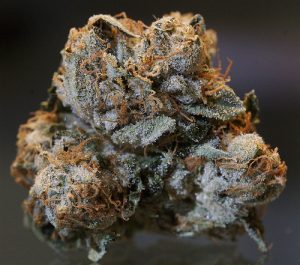 Yesterday Arkansas Governor Asa Hutchinson as well as several doctors and medical experts issued a straightforward fact sheet explaining why marijuana is not medicine.
Yesterday Arkansas Governor Asa Hutchinson as well as several doctors and medical experts issued a straightforward fact sheet explaining why marijuana is not medicine.
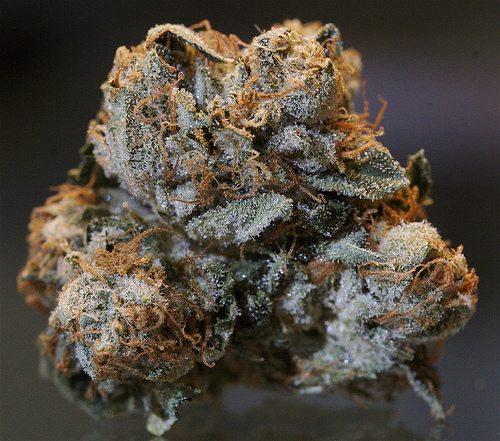
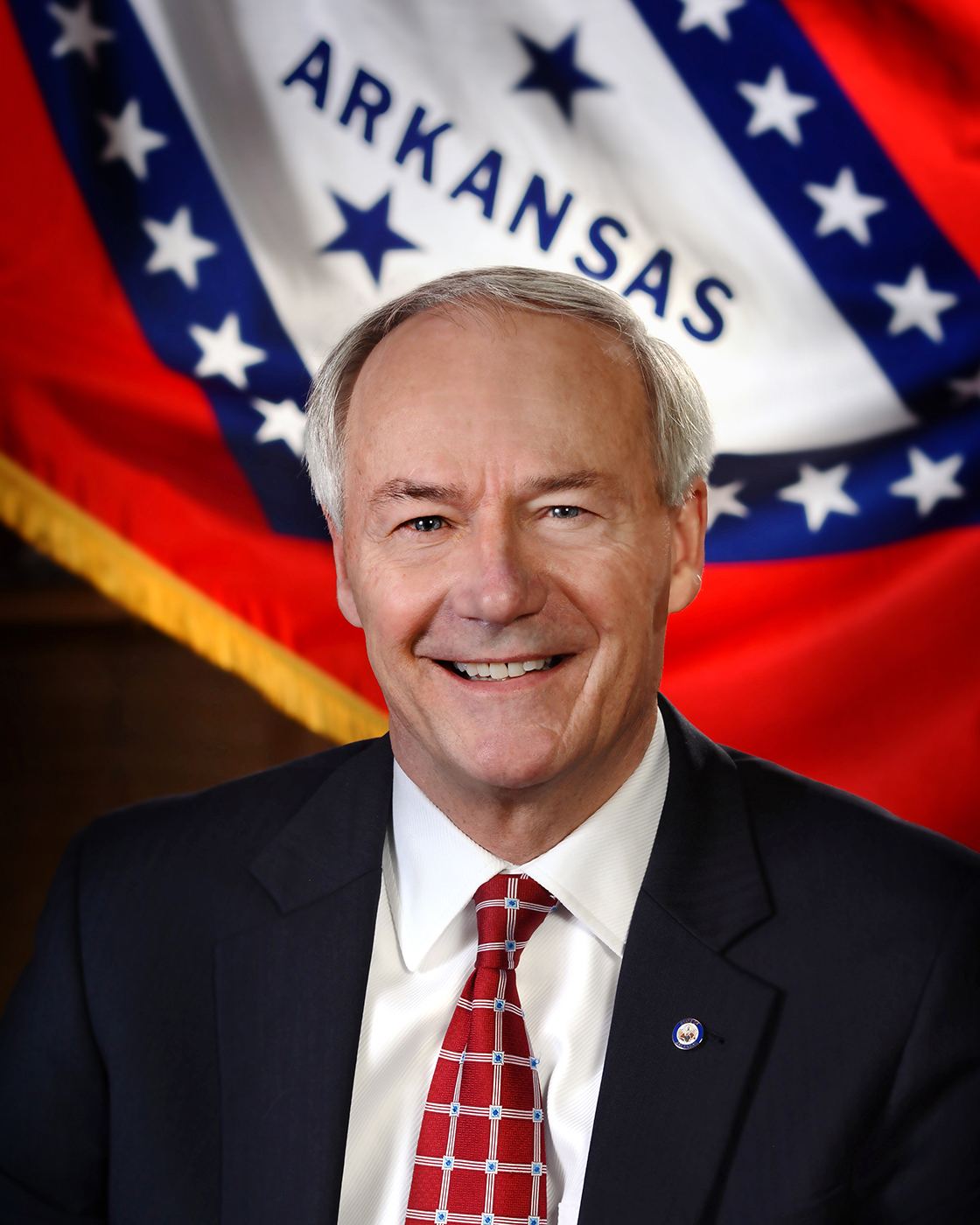
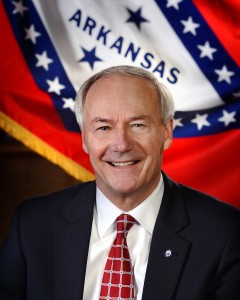 Yesterday Governor Asa Hutchinson, alongside many Arkansas Physicians, spoke out strongly against the two so-called “medical” marijuana proposals that will appear on the ballot this November.
Yesterday Governor Asa Hutchinson, alongside many Arkansas Physicians, spoke out strongly against the two so-called “medical” marijuana proposals that will appear on the ballot this November.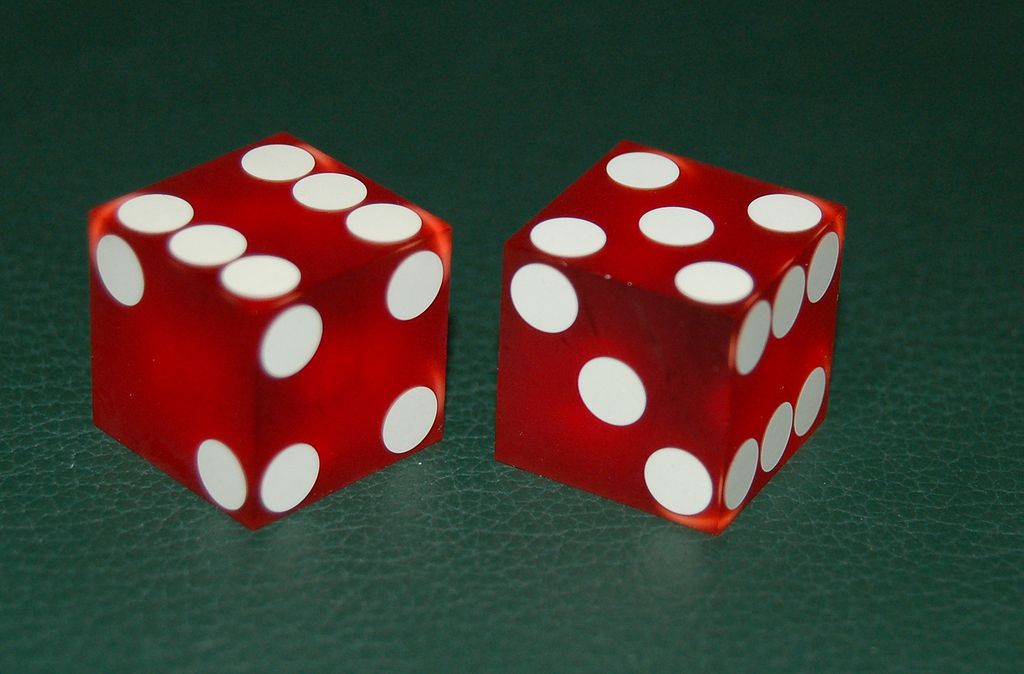
 Yesterday the Arkansas Lottery
Yesterday the Arkansas Lottery